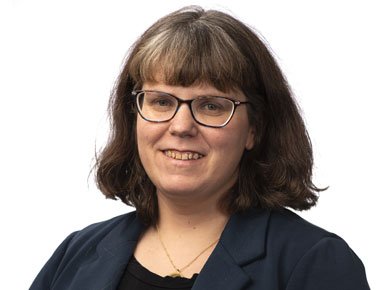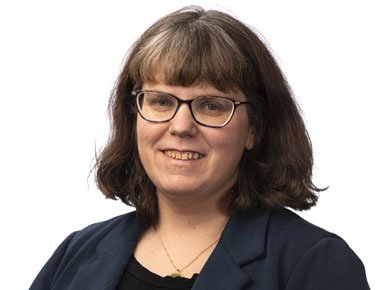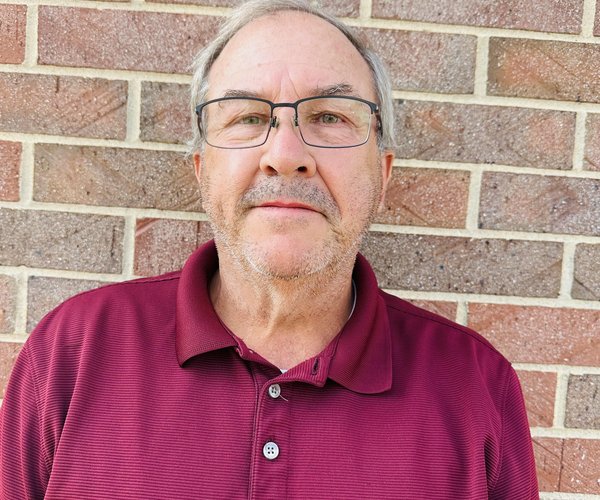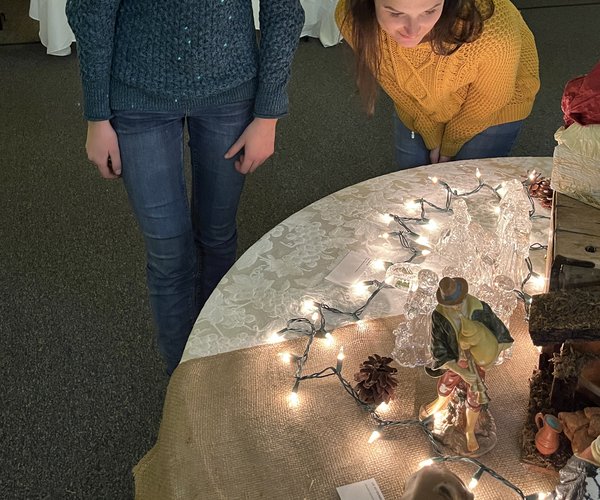When someone escapes domestic violence, their journey to healing has only just begun. As physicians, you are often the first professionals to recognize signs of abuse and can play a pivotal role in connecting survivors to lifesaving resources.
This is especially crucial in rural communities where you may be the only health care provider for miles and where stigma around domestic violence can be particularly strong. Recent research conducted across South Dakota and Iowa shelters with 47 survivors—focusing primarily on rural and Native American survivors—reveals crucial insights about the supports needed to rebuild lives after abuse.
Research in health care settings suggests that many abuse victims may disclose their situation to a health care provider before seeking specialized services, making physicians crucial gatekeepers to support resources. Below we discuss several of the key needs identified by survivors that would help them on their pathway to healing.
Housing emerged as the most fundamental need. “I have a place to live. I’m not afraid that I don’t have a place to sleep at night,” explained one Native survivor. Rural survivors faced even greater housing challenges, with one Native participant sharing: “I got assistance for the deposit, but I’m kind of struggling with the utilities.” Without stable housing, survivors often face impossible choices between houselessness or returning to abusive relationships.
Transportation barriers create profound isolation, particularly for rural Native survivors. “If they had a bus or something to bring us here, then more people would be willing to come,” noted one rural Native survivor. Another rural Native participant explained: “I think we mostly just need help with gas cards” to get to services that may be located far away.
Mental health support is essential, with many survivors defining healing in terms of emotional well-being. “I guess being able to talk without breaking down emotionally,” explained one Native urban survivor.
Physical health needs intertwine with trauma recovery. “I was really in bad shape. I had to stay in bed for a while and then go back to the hospital,” shared a rural Native survivor.
As medical providers, being aware of how abuse manifests in medical complaints, chronic pain, unexplained injuries, anxiety, depression and missed appointments can help identify patients in need of intervention. Pediatric screening is equally important, as children’s health often reflects the safety of their home environment. Documenting findings thoroughly and creating a safe, private space for disclosure increases the likelihood that survivors will seek help when ready.
The consistent support of trauma-informed advocates proves transformative. “It’s been a lifesaver. You’re around people who know what you’re going through,” expressed a Native urban survivor. The role of physicians can be to support these survivors in connecting with local advocacy services. Reaching out to your local agency and requesting information on their services, brochures to share with patients, and a greater understanding of local support opportunities provides an essential way to support your patients’ health.
Prevention remains far more effective than intervention after trauma occurs. As trusted figures in rural communities, your advocacy can be particularly powerful in breaking cycles of violence where resources are scarce, but community connections run deep.
What can you do today to make a difference? Connect with your local domestic violence organization and invite them to come tell you about their services and leave fliers in your office. Have this as a resource to share with clients who you identify may be in need. If you do not know who your local provider is, you can find them at: https://www.thehotline.org/get-help/directory-of-local-providers/
Richard P. Holm, MD passed away in March 2020 after a battle with pancreatic cancer. He is founder of The Prairie Doc®. For free and easy access to the entire Prairie Doc® ® library, visit www.prairiedoc.org and follow Prairie Doc® on Facebook. Bridget Diamond-Welch, Ph.D., is an associate professor and the Director of the Office of Research & Innovation in the School of Health Sciences at the University of South Dakota.





